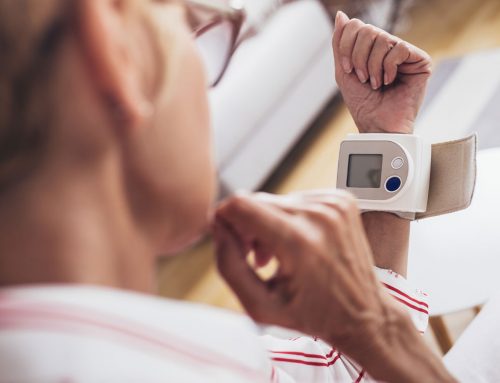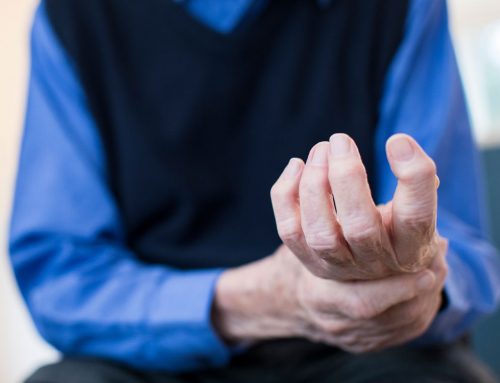Can thermotherapy help congestive heart failure? Yes, thermotherapy will probably help you. Heart failure research is more advanced than most other areas of thermotherapy. A 2020 review could find 22 studies quantifying the effect of thermal therapy on heart failure patients.1 The results reported can be summarised:
After the series of treatments:
- People were able to walk and climb stairs more easily. Over 80% of those with the most severe limitations, mostly bed-bound patients, could be more active without major discomfort.
- Heart function (the percentage of blood ejected by the left ventricle) improved significantly.
- The walls of blood vessels throughout the body became more healthy and flexible, allowing the arteries to dilate with each heartbeat. This decreased blood pressure significantly.
- Both systolic and diastolic blood pressure decreased
- Enlarged hearts decreased in size towards normal. This meant that the heart muscle was not overstretched as much.
- Free radical production, which is linked to severe heart failure, decreased. This means there was less oxidative stress.
- Mental (depression and mood) and physical (exercise tolerance) quality of life was improved.
- One study where 65 participants received sauna every day for two weeks were followed up for 5 years.2 Compared to controls who had no sauna, those who had sauna had 31% less cardiac events (cardiac death or rehospitalisation due to heart failure).
- In one study, 12 infants (1-4 months) with heart failure from a “hole in the heart” (ventricular septal defect) received 5 minutes of sauna 5 days a week for 4 weeks resulting in improved symptoms in all infants, and only 3 still required surgery. The septal defect had healed in the other nine.3
Not all the studies used sauna, some used baths for raising body temperature.
Why does Thermotherapy help?
No one is sure why thermotherapy improves heart failure. We know that the autonomic nervous system, which controls the heart and blood vessels, returns to more normal function after heat treatments. Stiffness of the arteries is also reduced.4 For me, the most intriguing result of heating the body is an increase nitric oxide in the blood. Nitric oxide improves the health of the endothelial cells that form blood vessel walls making them more flexible and thinner. These are both tied with better health. Nitric oxide also promotes the development of new blood vessels.5
Talk to your Doctor
You will need to check with your GP about the contraindications to thermotherapy (conditions that are a reason to avoid thermotherapy). There are only a few contraindications but some relate directly to heart conditions. We also want to check that any lifestyle change we suggest won’t cause you health problems.
So can thermotherapy help your heart failure? On the basis of these studies, it may be a significant part of your improvement in conjunction with improvement in your lifestyle and your doctor’s care.
Let’s see.
References
-
- Ye WN, Thipse M, Mahdi MB, et al. Can heat therapy help patients with heart failure? Artif Organs. 2020;44(7):680-692.
- Kihara T, Miyata M, Fukudome T, et al. Waon therapy improves the prognosis of patients with chronic heart failure. J Cardiol. 2009;53(2):214-218.
- Sugahara Y, Ishii M, Muta H, Egami K, Akagi T, Matsuishi T. Efficacy and safety of thermal vasodilation therapy by sauna in infants with severe congestive heart failure secondary to ventricular septal defect. The American Journal of Cardiology. 2003;92(1):109-113. doi:10.1016/s0002-9149(03)00483-1
- Laukkanen JA, Laukkanen T, Kunutsor SK. Cardiovascular and Other Health Benefits of Sauna Bathing: A Review of the Evidence. Mayo Clinic Proceedings. 2018;93(8):1111-1121. doi:10.1016/j.mayocp.2018.04.008
- Brunt VE, Weidenfeld-Needham KM, Comrada LN, Francisco MA, Eymann TM, Minson CT. Serum from young, sedentary adults who underwent passive heat therapy improves endothelial cell angiogenesis via improved nitric oxide bioavailability. Temperature (Austin). 2019;6(2):169-178.
 AUTHOR
AUTHOR
BRUCE THOMPSON
BAppSc-Physiotherapy, Sydney University 1978
Bruce Thompson is a qualified Physiotherapist who has been using and teaching hydrotherapy for over 30 years.
See also:
traditionalhydrotherapy.com
hydro4covid.com





Leave A Comment